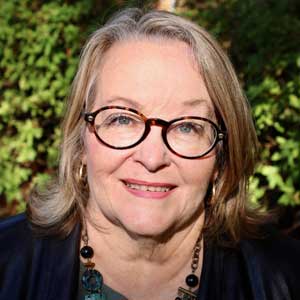
Karen A. Hasty, PhD, MS
George Thomas Wilhelm Professor, Department of Orthopaedic Surgery and Biomedical Engineering, Campbell Clinic/UTHSC, Memphis, TN, VA Research Career Scientist, VA Medical Center
Dr. Hasty received her MS in Anatomy from the University of Tennessee Health Science Center in diabetic research and published one of the first papers characterizing hemoglobin A1c as an internal monitor of blood glucose control in juvenile and adult diabetics. In 1981 she completed her PhD in Anatomy working on cartilage regeneration in the rabbit and was awarded an Arthritis Foundation fellowship to study metalloproteinase degradation in arthritis. In 1985, she joined the Department of Anatomy faculty of UTHSC as an Associate Professor where she continued her research on cartilage degradation. She was first to clone and characterize neutrophil collagenase (MMP-8), an enzyme that plays a role in degradation of the joints in inflammatory arthritis and has numerous reports for the role of this family of enzymes in rheumatic diseases. In 2001, she was appointed as the George Thomas Wilhelm Endowed Professor and Director of Basic Research in the Department of Orthopaedic Surgery and Biomedical Engineering at UTHSC and was awarded a VA Research Career Scientist in 2003. Her more recent interests involve preventing progression of OA and promoting regeneration of the osteochondral interface in osteoarthritis (OA). Dr. Hasty developed monoclonal antibodies to CII (MabCII) and antibody-targeted liposomes as tools for non-invasive quantitation of cartilage degradation and for localized delivery of drug and cellular therapies in both inflammatory and degenerative arthritis in small animal models. Her recent collaborative studies show intraarticular treatment with MabCII-targeted nanoparticles loaded with MMP13 siRNA effectively block structural degeneration and other phenotypic OA markers in mouse post-traumatic OA, highlighting a pivotal role of this enzyme in progressive degradation of the joint. Her work has been funded by the VA, NIH, DOD and the Arthritis Foundation with 117 publications.
